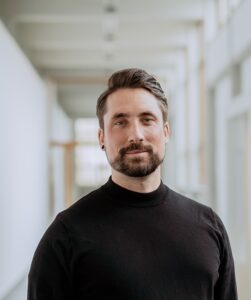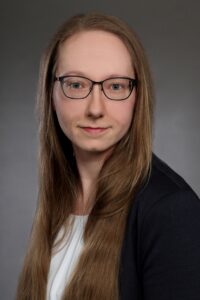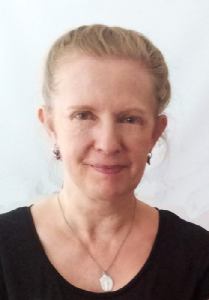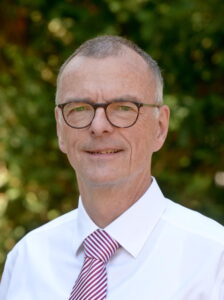|
Assistant Professor for Applied Cognitive Psychology |
|||
|
Dr. rer. nat. Room: 06 - 339 Postal address: Secretary: |
 |
||
- 2023 Junior professorship for Applied Cognitive Psychology
- 2020 - 2023 Postdoctoral researcher in the department Human Factors at Ulm University
Head of subject area Human-Robot-Interaction - 2020 PhD (Dr. rer. nat.) at Ulm University with the thesis „Psychological Processes in the Formation and Calibration of Trust in Automation“
- 2014 - 2020 Research assistant at the Department of Human Factors of Ulm University
- 2013 - 2014 Employee at the Spiegel Institut Mannheim with focus on usability and user experience in the car
- 2010 - 2013 M.Sc. Psychology at University of Mannheim
- 2007 - 2010 B.Sc. Psychology at University of Mannheim
- Trust in Intelligent Systems/AI:
- Dynamic trust processes in human-machine interaction
- Psychological variables, e.g. anxiety, technology-related attitudes
- Role of user personality
- Measurement of trust variables
- Role of errors, transparency and explainability
- Role of perceived fairness, security and privacy
- Human-Robot Interaction, e.g., inclusive interaction design
- Driver-Vehicle Interaction
- Anthropomorphism:
- Technology Acceptance
Projects
Principal Investigator of the Competence Center for the Investigation and Evaluation oft he Human-Robot Interaction in Public Spaces (ZEN-MRI, www.zen-mri-de)







